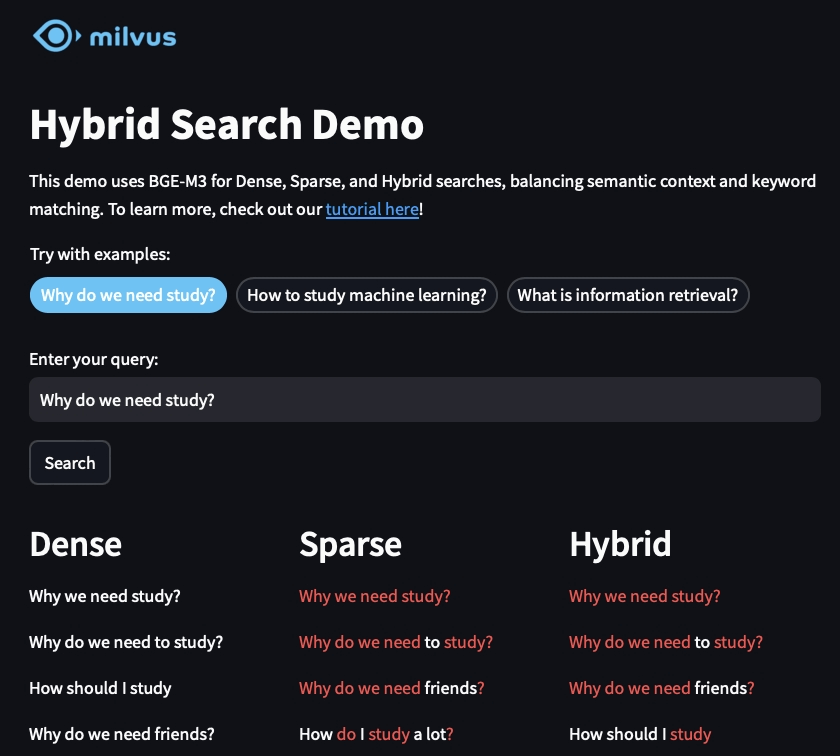Proximity queries influence ranking by prioritizing documents where search terms appear close to each other. Search engines and databases use proximity as a signal to infer stronger relevance: when terms are near one another, they’re more likely to form a meaningful phrase or concept. For example, a query like “machine learning” with a proximity constraint will rank documents where those two words are adjacent higher than those where they’re separated by unrelated text. This helps surface content that matches the user’s intent more precisely, especially for ambiguous terms or multi-word concepts.
The technical implementation involves calculating the distance between terms and incorporating it into the scoring algorithm. In systems like Elasticsearch or Lucene, proximity is often handled through phrase queries or slop parameters. A phrase query (e.g., "artificial intelligence") requires exact adjacency, while a slop value (e.g., ~3) allows a limited number of intervening words. The scoring formula penalizes documents where terms are farther apart. For instance, a document with “artificial general intelligence” might score lower for "artificial intelligence"~1 than one with the exact phrase, because “general” increases the distance between the target terms. This distance-based penalty is often combined with other factors like term frequency or inverse document frequency (IDF) to determine the final rank.
Developers can leverage proximity queries to improve search quality in specific scenarios. For example, an e-commerce platform might use proximity to distinguish between products like “wireless mouse” (where adjacency matters) versus unrelated mentions of “wireless” and “mouse” in a product description. However, overusing proximity constraints can reduce recall—documents with relevant but slightly scattered terms might be overlooked. To balance precision and recall, tools like adjustable slop values or hybrid queries (combining proximity with broader keyword matches) are useful. Testing with real-world data is critical: measure how proximity affects both result accuracy and user satisfaction to fine-tune the ranking behavior.
